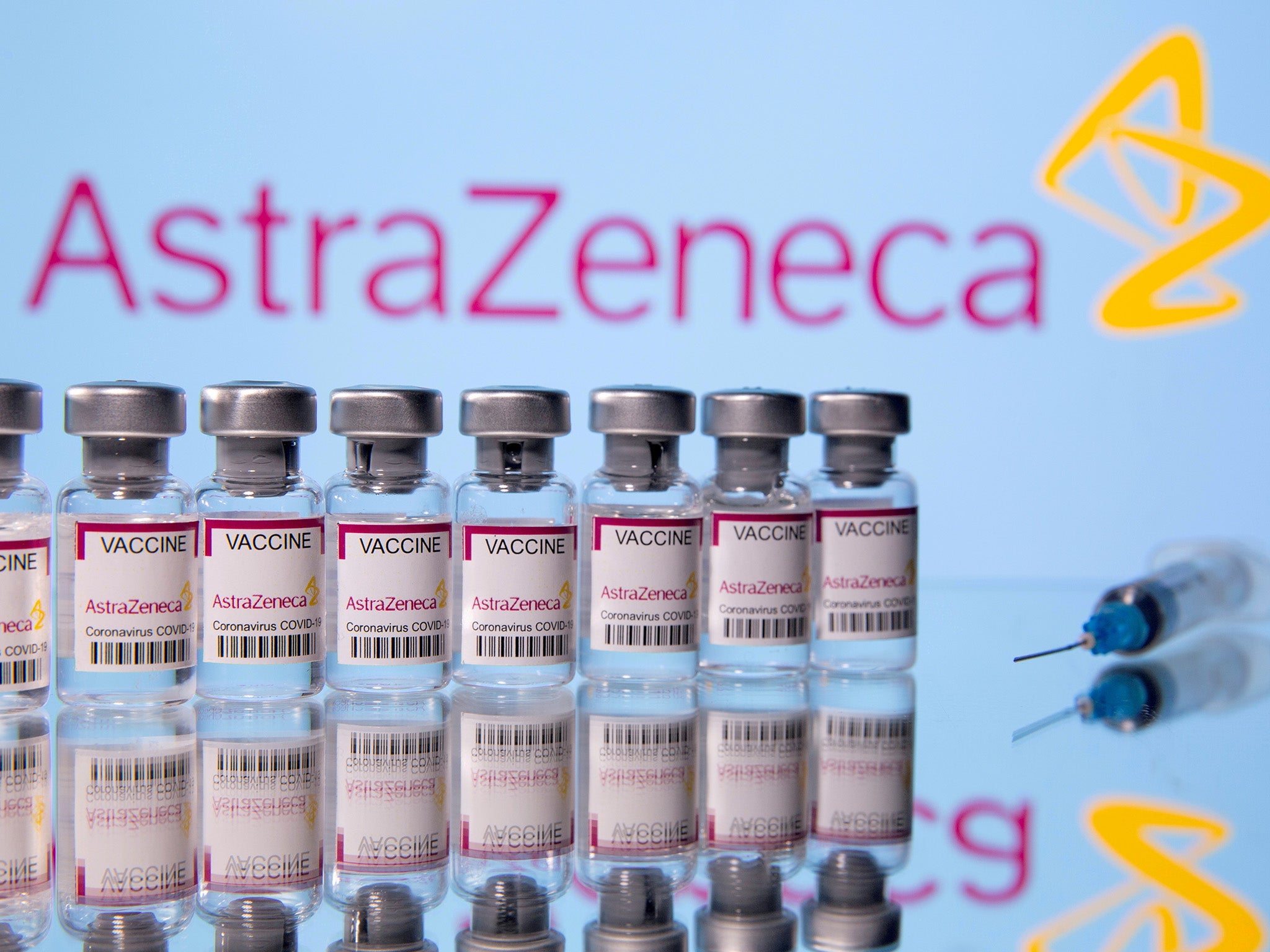EU reaches deal with AstraZeneca to end legal battle over vaccine delivery
A Belgian court ruled in June that AstraZeneca had committed a “serious breach” of its contract with the EU

The European Union has reached an agreement with drug maker AstraZeneca to end a legal battle over the slow delivery of the Anglo-Swedish company’s coronavirus vaccine.
The EU’s executive branch, the European Commission, said that AstraZeneca has made a “firm commitment” to deliver a total of 300 million vaccine doses by March next year.
The commission said it involves the pharmaceutical company providing 135 million doses by the end of this year plus another 65 million doses in the first quarter of 2022.
Brussels said the deliveries would respect an advance purchasing agreement the EU reached with AstraZeneca a year ago.
Tens of millions of doses have already been supplied to EU member nations but not as many as the 27-nation bloc expected.
A Belgian court ruled in June that AstraZeneca had committed a “serious breach” of its contract with the EU.
But the company said the ruling showed that “AstraZeneca has fully complied with its agreement” with the European Commission.
AstraZeneca was seen as a key pillar of the EU’s vaccine rollout but the court tussle over delivery obligations further tarnished the company’s image after its shots were linked to very rare cases of blood clots. The commission insists it has no issue with the quality of the firm’s vaccines.
The AstraZeneca jab is also key to the global strategy to get vaccines to poorer countries. It is cheaper and easier to use than rival vaccines from Pfizer-BioNTech and Moderna and has been endorsed for use in over 50 countries. US regulators are still evaluating the vaccine.
The executive vice president of AstraZeneca’s BioPharmaceuticals Business Unit, Ruud Dobber, said in a statement that he was “very pleased that we have been able to reach a common understanding which allows us to move forward and work in collaboration with the European Commission to help overcome the pandemic”.
“We are fully committed to manufacture Vaxzevria for Europe following the release for supply of more than 140 million doses to date at no profit,” Mr Dobber said.
He added that the company also would work with the European Commission to provide further support to Covax, the global vaccine-sharing programme.
AstraZeneca said that, along with its partners, it has supplied more than 1.1 billion doses of the vaccine to over 170 countries, and that approximately two-thirds have gone to low and lower-middle-income countries.
The EU said from the beginning that it launched an emergency legal procedure against AstraZeneca simply to secure the vaccine doses that EU member countries were promised.
It accused the company of acting in bad faith by providing vaccines to other countries, notably Britain, and argued that it should have used its production sites in the UK to help fill the EU’s order.
But AstraZeneca argued that the challenges of producing and delivering the vaccine could not have been foreseen during a once-in-a-century pandemic, and that its UK sites were primarily meant to be used to service its contract with the UK Government.
The advance purchasing agreement also foresaw an option for the delivery of an extra 100 million doses, which the commission has since declined to take up.
Join our commenting forum
Join thought-provoking conversations, follow other Independent readers and see their replies
0Comments